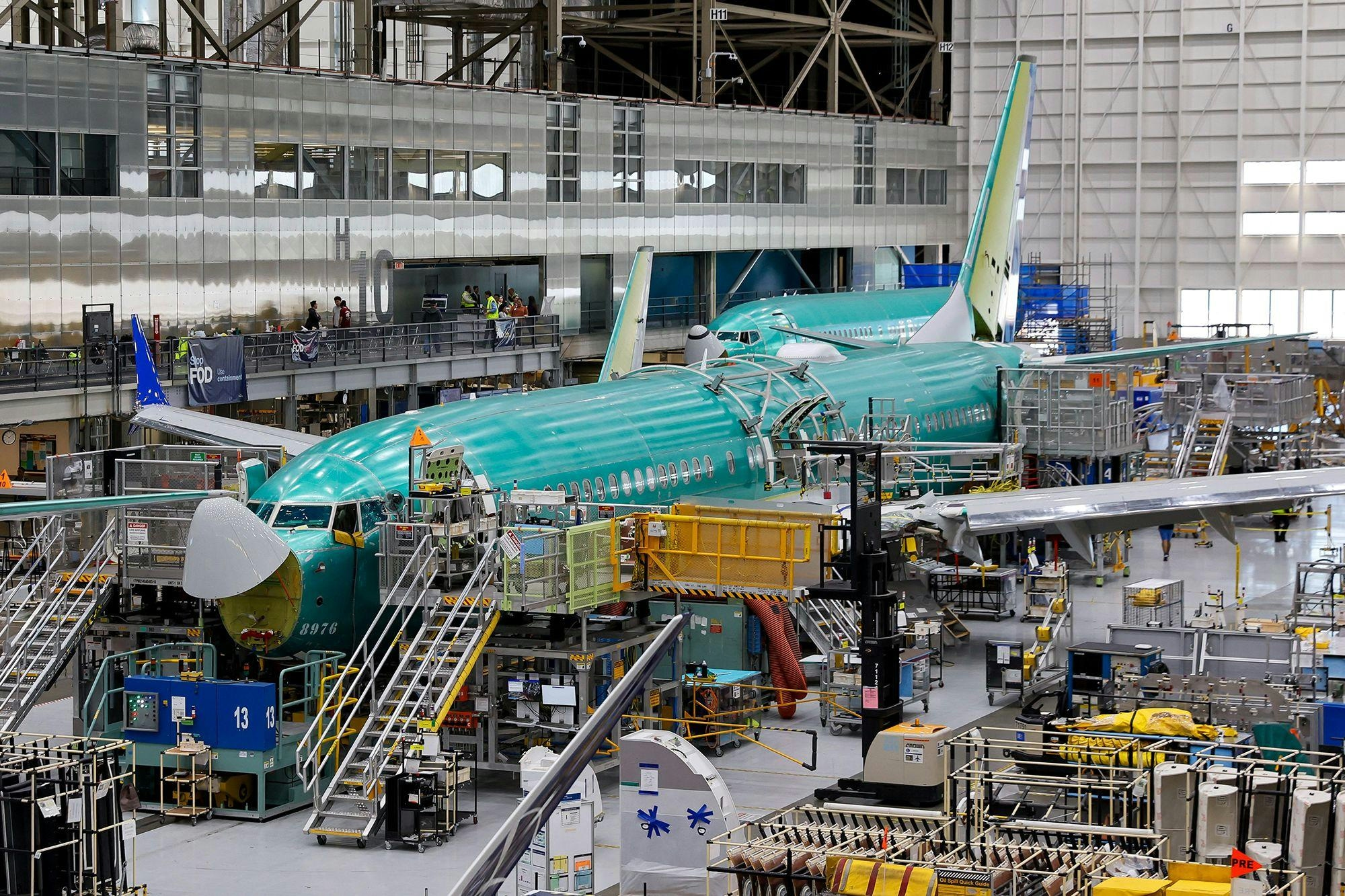AeroGenie — Votre copilote intelligent.
Tendances
Categories
Boeing 787 Delays Impact China Airlines and Aviation Stocks

Boeing 787 Delays Impact China Airlines and Aviation Stocks
Supply Chain Challenges and Operational Consequences
Boeing’s persistent delays in delivering the 787 Dreamliner are exerting significant pressure on the aviation sector, with Taiwan’s China Airlines exemplifying the challenges faced by carriers amid ongoing supply chain disruptions. The manufacturer continues to confront technical obstacles, including seat certification setbacks and engine reliability issues, which have disrupted production schedules and delivery timelines.
As of June 2025, China Airlines has received only seven of the 24 Boeing 787-9 aircraft it ordered. The delays primarily stem from unresolved problems with Collins Super Diamond business class seats and ongoing concerns surrounding the Rolls-Royce Trent 1000 engines. These setbacks have compelled China Airlines to defer the retirement of older, less fuel-efficient aircraft such as the Airbus A330-300 and Boeing 747-400 models, thereby increasing operational costs. Similar carriers, including Austrian Airlines, have resorted to expensive wet-lease agreements to maintain flight schedules, a contingency China Airlines may also need to consider if delays persist.
The broader market has responded unfavorably to these developments. Boeing’s stock has declined by approximately 20% year-to-date, reflecting investor apprehension regarding the company’s ability to resolve its supply chain difficulties. China Airlines’ ambitious $2.4 billion fleet modernization initiative, aimed at reducing fuel consumption by 25% and expanding long-haul route capacity, now faces considerable obstacles.
Contractual Compensation and Financial Implications
China Airlines’ agreements with Boeing contain provisions for compensation should delivery delays arise from the manufacturer’s supply chain failures, such as issues with seat certification or production inefficiencies. However, if Boeing attributes delays to external factors, including Federal Aviation Administration (FAA) certification processes, it may be absolved of liability. This ambiguity introduces both financial risk and potential opportunity for the airline.
If Boeing successfully shifts responsibility to external causes, China Airlines could incur over $300 million in additional expenses related to extended operation of older aircraft and potential wet-lease arrangements. Conversely, a favorable compensation claim could mitigate these costs and free capital for further fleet enhancements. As of June 2025, China Airlines’ stock trades at a 15% discount relative to its peers, partly due to uncertainty surrounding compensation outcomes. Investors remain attentive to Boeing’s progress in resolving seat certification issues and its planned production increase to seven 787 aircraft per month in the second quarter of 2025.
Strategic Fleet Adjustments Amid Competitive Pressures
In response to these challenges, China Airlines is pursuing a diversified fleet strategy to reduce dependence on Boeing’s 787 program. The airline has placed an order for ten Airbus A350-1000 aircraft to augment its long-haul capacity, while also securing four Boeing 777-8 freighters to capitalize on strong cargo demand, which offers higher profit margins compared to passenger services.
These acquisitions align with China Airlines’ 2025–2027 fleet plan, which emphasizes fuel efficiency and operational flexibility. The A350-1000’s extended range facilitates non-stop flights to key international markets such as Sydney and Frankfurt, while the 777-8 freighters provide approximately 30% better fuel efficiency than the aging 747-400 freighter fleet, enhancing cargo operations.
Nevertheless, competitive dynamics are intensifying. Starlux Airlines’ recent order for an additional ten A350 aircraft underscores the urgency for China Airlines to expedite its own delivery schedules to maintain market share and competitive positioning.
Market Outlook
While Boeing’s involvement in high-profile initiatives like NASA’s Artemis program may provide some support to its stock, the ongoing delays in the 787 program continue to weigh heavily on aviation equities. For China Airlines and its investors, the interplay between securing contractual compensation, executing strategic fleet diversification, and maintaining operational resilience will be critical in navigating the challenges ahead.

Emirates Unveils Cabin Design for New Boeing 777X

Eighteen Years On, the Airbus A380 Remains Central to a $34 Billion Airline

How a boom in luxury airline seats is slowing down jet deliveries

Navitaire Outage Attributed to Planned Maintenance

DigiYatra Debuts Outside Aviation at India AI Impact Summit

Vietnam Orders Strengthen Boeing’s Commercial Outlook

Airbus Signals Uncertainty Over Future A400M Orders

JobsOhio Awards $2 Million Grant to Hartzell Propeller for Innovation Center

Collins Aerospace Tests Sidekick Autonomy Software on YFQ-42A for U.S. Air Force CCA Program

How the Airbus A350-1000 Compares to the Boeing 777
